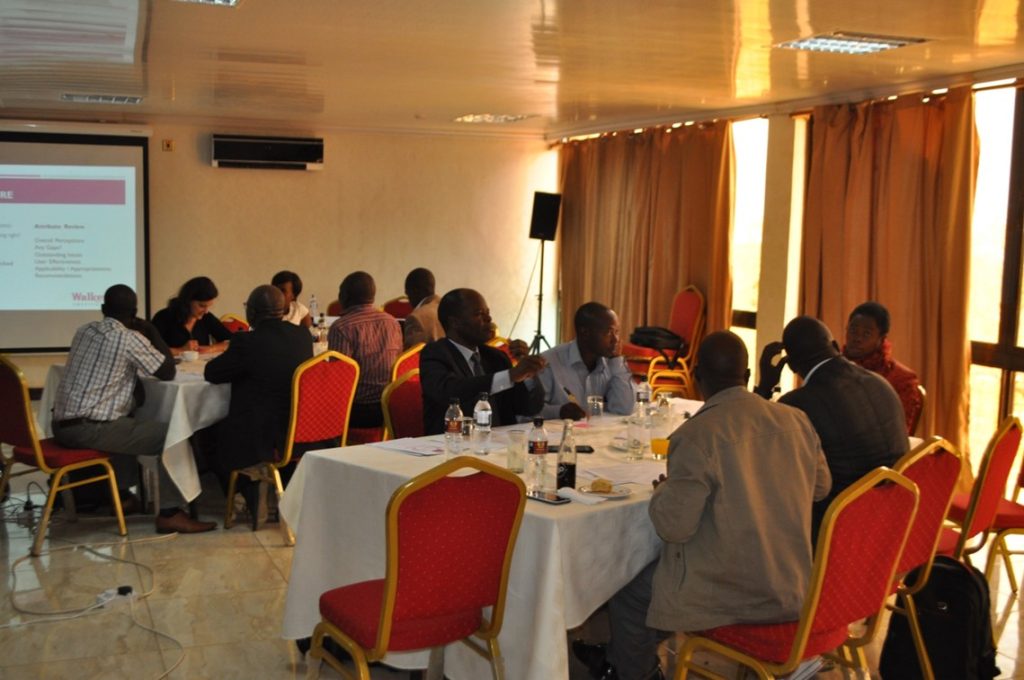
Malawi Learning Lab discussions 25 July 2017
In July 2017, Lilongwe, Malawi became the hub of an important conversation on climate and health. The Walker Institute, in collaboration with the Malawi Ministry of Health and the WHO/WMO Joint Office, hosted a two-day Learning Lab to test and refine the Readiness Assessment Toolkit—a pioneering tool designed to evaluate how prepared national health systems are to integrate Climate Information Services (CIS).
The Toolkit, developed through a multi-phase process, aims to support countries in identifying their capacity to use climate data for health planning, disease surveillance, and early warning systems. With climate change increasingly affecting public health, this initiative is both timely and essential.
The Learning Lab brought together a diverse group of stakeholders—public health professionals, meteorologists, researchers, government officials, and NGO representatives. Their mission: to rigorously test the Toolkit’s components, assess its usability, and provide feedback to guide its final design.
Participants engaged in interdisciplinary sessions, reviewed the Toolkit’s framework, and explored how it could be integrated into existing national systems. Expert focus groups delved into technical areas such as data management, governance, finance, and capacity building. High-level discussions addressed the institutional and policy prerequisites for successful CIS integration.
Key takeaways from the workshop included the need for clear governance structures, better coordination across sectors, and a secure, scalable platform for the Toolkit. Participants emphasized that the Toolkit should enhance—not replace—existing systems, and called for stronger mechanisms to ensure that assessment findings inform national planning.
The workshop also highlighted challenges such as fragmented health systems, limited data access, and the need for long-term funding. Yet, there was a shared optimism about the potential of the Toolkit to drive meaningful change. A robust Monitoring, Evaluation and Learning (MEL) interface was proposed to track progress and support continuous improvement.
As the Toolkit moves into its next phase, the insights from Malawi will play a crucial role in shaping its global rollout. The Learning Lab was more than a technical workshop—it was a collaborative step toward building climate-resilient health systems that can protect communities in an increasingly unpredictable world.

